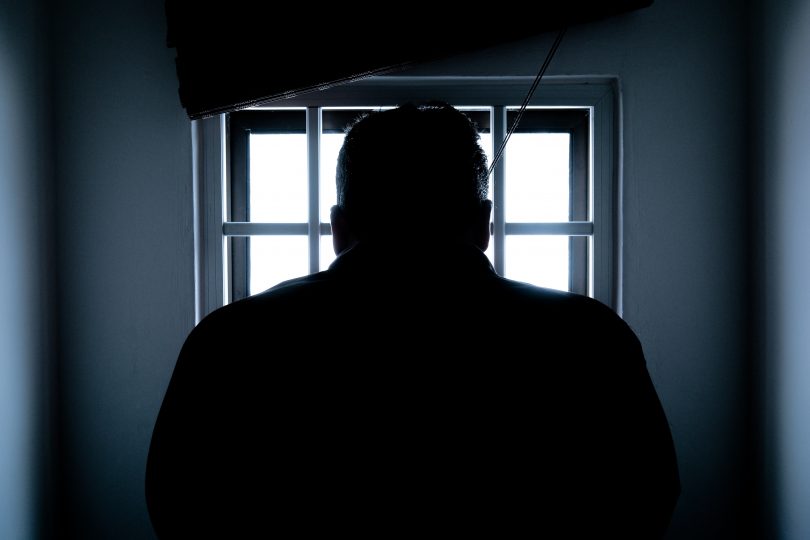Australians who are older than 18 years have the right to vote, but a portion of our community has been left out of the decision-making process: prisoners.
According to 2017 Census, there are currently over 41,200 prisoners in Australia. Under Commonwealth law, prisoners serving a sentence of less than three years are entitled to vote, but the law in Victoria says the cutoff point is five years. This means Victorian prisoners serving between three and five years able to vote in Federal but not State elections.
On November 24, Victoria will hold its State election. But many Victorian prisoners will be disqualified.
New South Wales has the highest population of adult prisoners, with nearly one-third of Australia’s total prisoner population (13,149 prisoners). Followed by Queensland (8,482 prisoners) and Victoria (7,151 prisoners).
Data by Corrections Victoria showed sentenced prisoners with an effective sentence length of five years or over has increased from 2007 to nearly 15 per cent in 2017.
While assault, property offences and drug offences have increased over the past ten years, there has been a decrease in driving offences and breach of orders.
In Australia, there have been a number of constitutional changes to a prisoner’s right to vote. The most notable was in 2006 when the Howard Government changed the law so anybody serving a sentence was ineligible to vote in a federal election. But in 2007, these constitutional changes were challenged by a prisoner in the High Court (Roach vs AEC and Commonwealth of Australia) and the law was changed back to three or more years.
The Human Rights Commission says, for a democratic country to have prisoner restrictions it must be “objective”, “reasonable” and “proportionate” to both the offence and the crime.
Putting restrictions on the right to vote may also impact groups which are over-represented in prison. This is the case for Australia’s Indigenous population, as currently 37 per cent of Australia’s prison population are Aboriginal Australians.
As the Senate and House of Representatives are chosen by the people, restricting a prisoner’s right to vote sees minority groups severely underrepresented when it comes to decisions which directly affect them.







